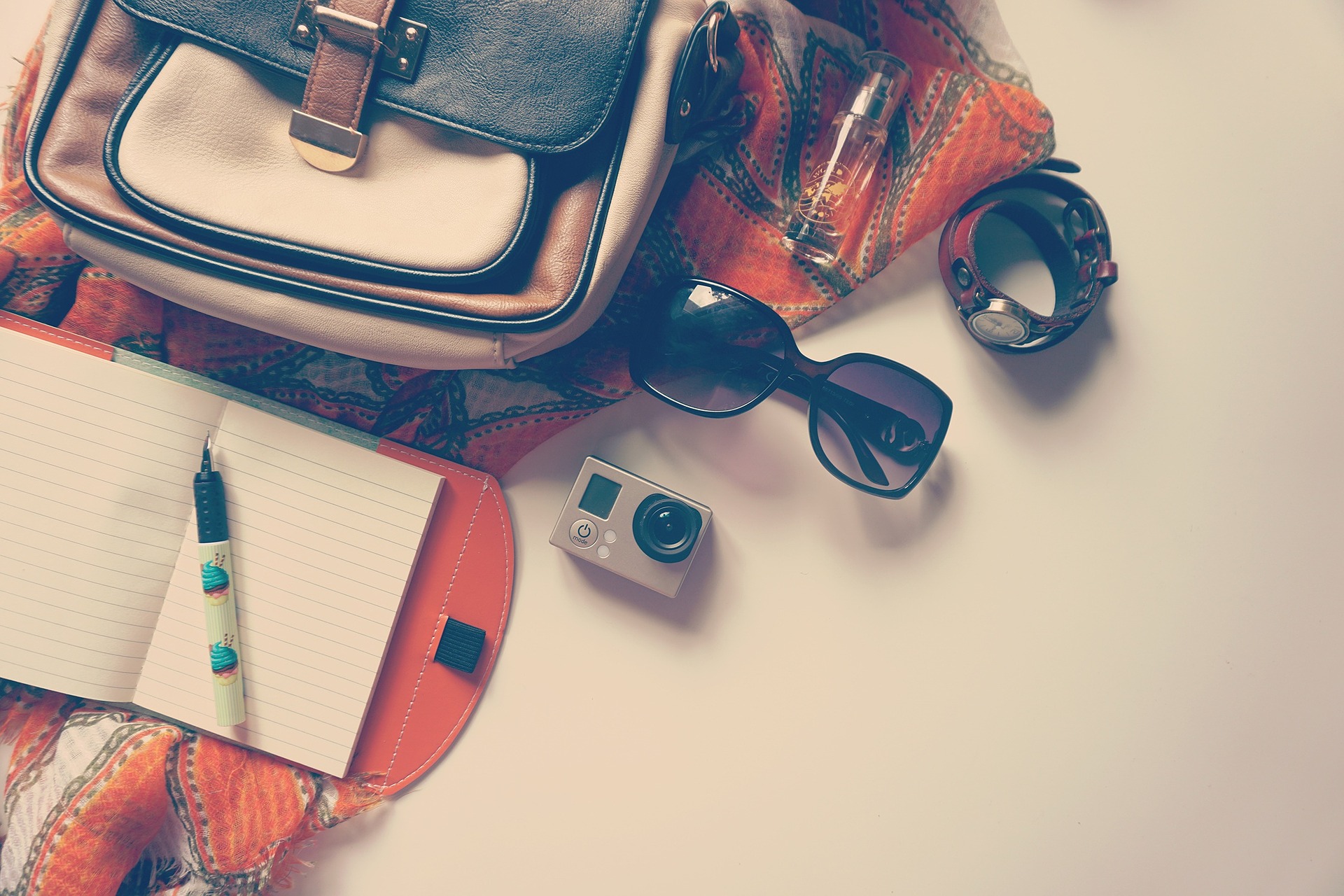Traveling is all about exploring new places and broadening your horizons and knowledge for a new thing, people, and places. Discovering new places will improve your social skills, deliver peace of mind, will boost your confidence, helps you enhance your creative thoughts by giving real-life education and experiences, and the most important part, creating memories to cherish for a lifetime. But what if your anxiety stops you from enjoying all the adventures due to safety reasons? As getting scammed or robbed ruins the whole adventure excitement. A journey comes with both enthusiasm and worries, therefore prevention is better than cure especially when you are traveling.
Here are some safety tips while you are out to explore for a safe travel experience.
1. Research before you travel.
The first thing before planning to travel is research about the place where you are going. Search all your queries, and make an effort to learn every detail of doubts about the place such as the political situation, its culture, the safest area for tourists, and the areas to be avoided. Arrange to stay in safe accommodations and discover the nearby areas by reading other travelers experience. To avoid surprises cum shocks, be aware during your journey.
2. Blend with the local people.
After all the study and research work, it’s time to implement all the research done. When you are traveling to a new destination try to mix with the local people as if you are among one of them because this is a bit of exploration advice. If you stand with backpacks and cameras wondering here and there confused then you will make yourself vulnerable to some scams. Try not to offend people with your improper dressings or manners, make an effort to blend with them wearing decent clothes in temples or other places.
3. Don’t be wealth appealing.
Don’t show off your wealth, expensive gear, or any other fascinating or appealing thing to anyone. Behave normal, dress sober and simple to avoid pickpockets or scamming. Carry a little cash in your dummy wallet to lose little, in case you are caught by robbers.
4. Safe and Pre Planned transportation.
Check frequently the flight details whether it has rescheduled or canceled to avoid travel problems. Book the bus services of a trusted company having good reviews online, also try booking in advance to avoid waiting for a bus in remote bus stops. Carry a map in the remote areas having a bad connection to avoid getting lost.
5. Take care of your belongings.
Carrying too much luggage can be difficult to be managed, avoid that instead, carry the things that are important and use locks for your luggage. Carry a small bag carefully, use RIFD protected wallets to identify if any theft occurs.
6. Get travel Insurance.
While planning your trip secure your tour with Travel Insurance and be insured so that you can experience the best vacation without any problem. There can be possibilities like any injuries, loss of baggage, and important documents, flight cancellation or any other trouble while traveling. Insurance can cover and protect you from these unexpected problems.
7. Keep a note of Emergency info.
Always keep the contact numbers the local emergency services such as police, fire stations, and ambulance to avoid any unexpected disaster.
8. Inform your Bank about your Trip.
If you are planning your trip abroad and if you want to use your debit or credit card there, then notify your bank about it to avoid card blocking for any suspicious activity. Do some research work in advance about the best spots to exchange your currency. Always carry a small amount of cash when you are out for an emergency.
9. Take care of your health.
While packing your bags make sure to have a supply of some general yet necessary medicines such as pain killers, motion sickness & vomiting pills, bug repellants. Also, consult your doctor about your health and get proper care before planning a trip. Eat and drink at hygiene places and look out how the food is being prepared to avoid health issues and any thefts.
10. Learn basic communications.
Try to learn the language of the locality to speak basic things such as where is the nearest hospital, police station, food stalls. In case of emergency, you should know some basics to make people understand people what you want to convey.

